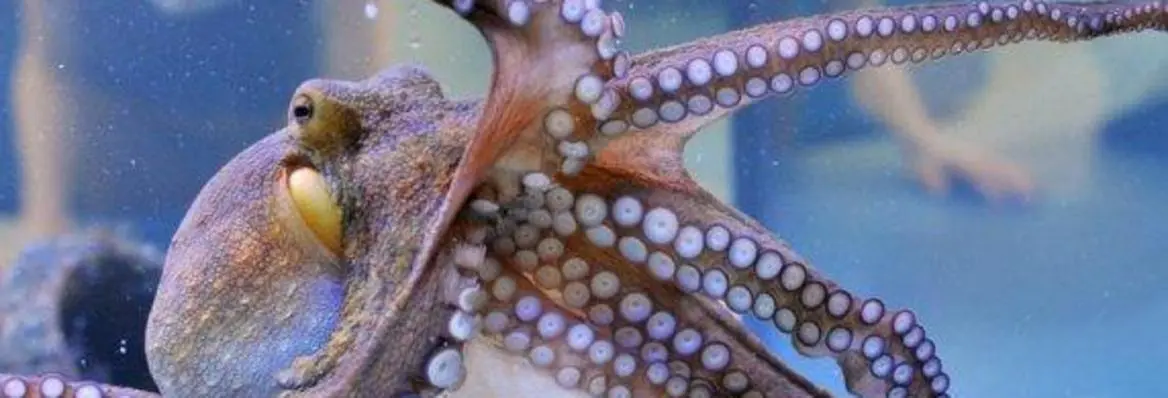How smart is your pet? The book Test Your Cat: The Cat IQ Test claims to be able to tell you ‘how smart your cat really is’. He or she might be an ‘undiscovered genius’. Using the book, you score your cat on a variety of questions, perform a calculation, and this gives you the cat’s IQ. The first question is whether the cat eats on a regular schedule. The second is whether it eats a variety of foods. There are many other questions. Now, I have no idea how seriously this book is intended to be taken. But it strikes me that there is something very odd about the idea that eating on a regular schedule and enjoying a varied diet have anything to do with intelligence, as we usually understand that term.
Similarly, you sometimes hear people say that a particular breed of dog is highly intelligent. But quite often, what people mean by this is that individuals of that breed are very obedient and can be trained to perform many tasks. This interest in ‘trainability’ is reflected in the British television show Teach My Pet To Do That. In each episode, two different pets are compared on their ability to learn a trick, like answering the doorbell or wiping their feet on a mat. The pets might be dogs, cats, miniature horses, even chickens or pigs. If one pet takes to the trick much faster than the other, it can be tempting to say that the first is more intelligent.
Perhaps in a sense they are. The tricks are taught using operant conditioning – when the animal performs the desired behaviour, they get a reward which ‘positively reinforces’ the behaviour. To learn a trick in this way involves latching on to the contingency between act and consequence – ‘figuring out’ just what behaviour the reward is tied to. This might be a component of intelligence, but it can’t be all there is to it. After all, it’s not as though we think that a child must be especially intelligent when we successfully reinforce her good behaviour through the award of gold stars.
As well as this, there are any number of reasons an animal might not succeed in learning the trick. They might be insufficiently motivated by the reward, find the repetition frustrating, or simply be uninterested in what the trainer is up to. In any case, it’s not obvious that any of these traits indicate a lack of intelligence.
___
"We should not be too quick to draw conclusions about intelligence from an animal’s success in learning through operant conditioning. More generally, we should be cautious about thinking that this kind of learning is what intelligence is all about"
___














Join the conversation